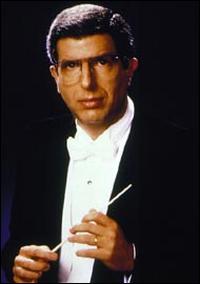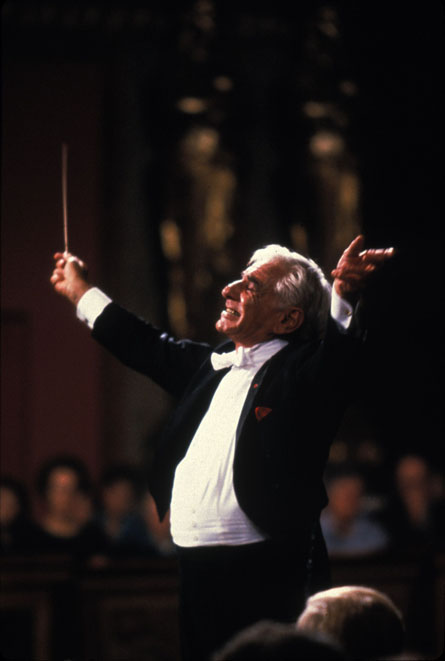Classic America
"Pops Concert Channel"
"Mostly Sinatra Channel"
The World's Greatest Music!
Marvin Frederick Hamlisch (born June 2, 1944) is an American composer. He is one of only thirteen people to have been awarded Emmys, Grammys, Oscars, and a Tony (those four together are known as an EGOT). He is also one of only two people to EGOT and also win a Pulitzer Prize (the other is Richard Rodgers). Hamlisch has also won two Golden Globes.
Film and composer
Hamlisch is the composer of many motion picture scores, including his Oscar-winning score and song for The Way We Were and his adaptation of Scott Joplin’s music for The Sting, for which he received a third Oscar. His prolific output of scores for films include original compositions and/or musical adaptations for Sophie's Choice, Ordinary People, The Swimmer, Three Men And A Baby, Ice Castles, Take The Money And Run, Bananas, Save The Tiger and his latest effort The Informant! (2009) starring Matt Damon, and directed by Steven Soderbergh.
Although Liza Minnelli's debut album included a song he wrote in his teens, his first hit did not come until he was 21 years old. This song, "Sunshine, Lollipops, and Rainbows", was sung by Lesley Gore. His first film score was for The Swimmer, although he had done some music for films as early as 1965. Later he wrote music for several Woody Allen early films, such as Take the Money and Run. In addition, Hamlisch co-wrote the song "California Nights" with Howard Liebling, which was recorded by Lesley Gore for her 1967 hit album of the same name. The Bob Crewe-produced single peaked at number 16 on Billboard's Hot 100 in March 1967, two months after Gore had performed the song on the Batman TV series, in which she guest-starred as an accomplice to Julie Newmar's Catwoman.
Among his better known works during the 1970s were adaptations of Scott Joplin's ragtime music for the motion picture The Sting, including its theme song, "The Entertainer". He had great success with The Way We Were in 1974, winning two of his three 1974 Academy Awards. He also won four Grammy Awards in 1974, two for "The Way We Were." He co-wrote "Nobody Does It Better" for the 1977 James Bond film The Spy Who Loved Me with his then-girlfriend Carole Bayer Sager. (John Barry was unable to work in the United Kingdom due to tax reasons.) He also wrote the orchestral/disco score for the film, which was re-recorded for the album. The song went on to be nominated for an Oscar in 1977.
In the 1980s he had success with the scores for Ordinary People (1980) and Sophie's Choice (1982). He also received an Academy Award nomination in 1986 for the film version of A Chorus Line.
In 2003 Hamlisch appeared in a cameo role (portraying himself) in the film How to Lose a Guy in 10 Days.
News and Reviews for Classic America's "Artists"
Leonard Bernstein ( /ˈbɜrnstaɪn/ US dict: bûrn′·stīn;[1] August 25, 1918 – October 14, 1990) was an American conductor, composer, author, music lecturer and pianist. He was among the first conductors born and educated in the United States of America to receive worldwide acclaim. According to The New York Times, he was "one of the most prodigiously talented and successful musicians in American history."[2]
His fame derived from his long tenure as the music director of the New York Philharmonic, from his conducting of concerts with most of the world's leading orchestras, and from his music for West Side Story, as well as Candide, Wonderful Town, On the Town and his own Mass.
Bernstein was also the first conductor to give numerous television lectures on classical music, starting in 1954, continuing until his death. In addition, he was a skilled pianist,[3] often conducting piano concertos from the keyboard.
As a composer he was prolific, writing symphonies, ballet music, operas, chamber music, pieces for the piano, other orchestral and choral works, and other concert and incidental music, but the tremendous success of West Side Story remained unequaled by his other compositions.


